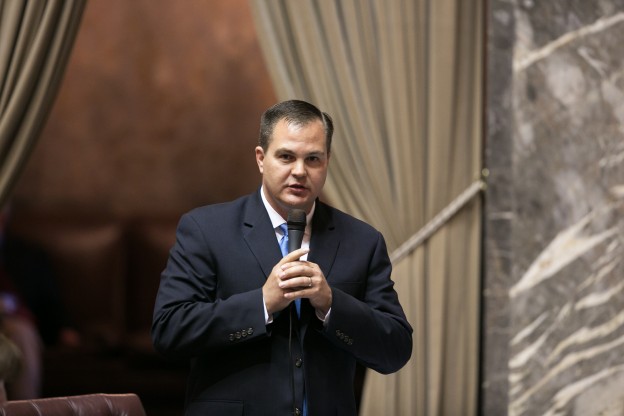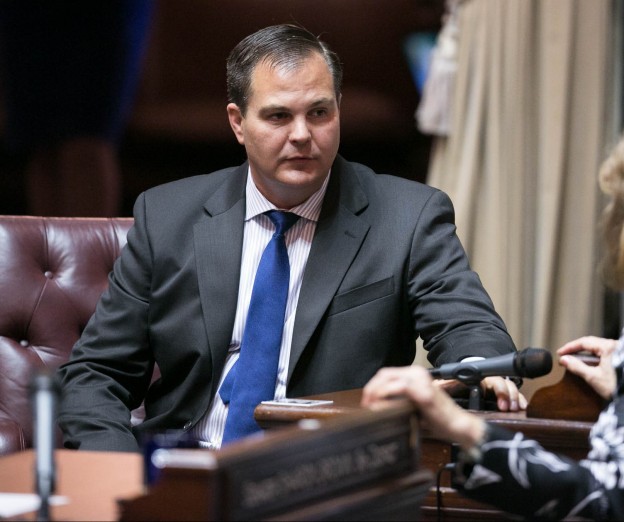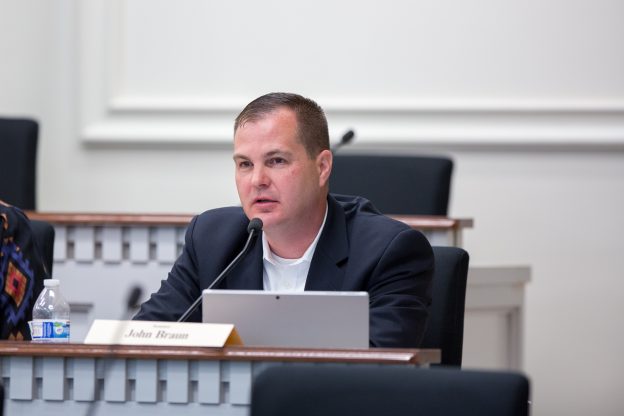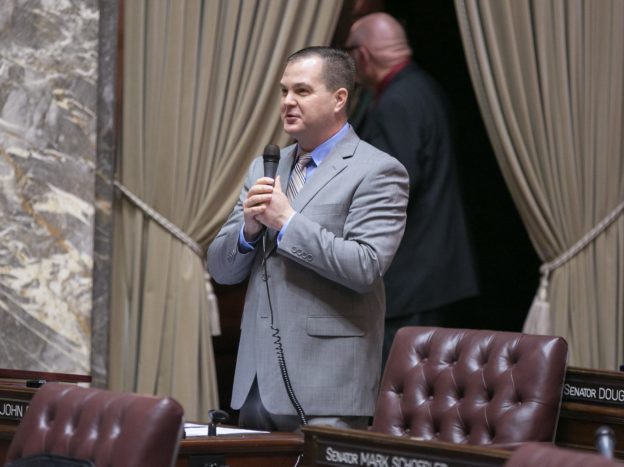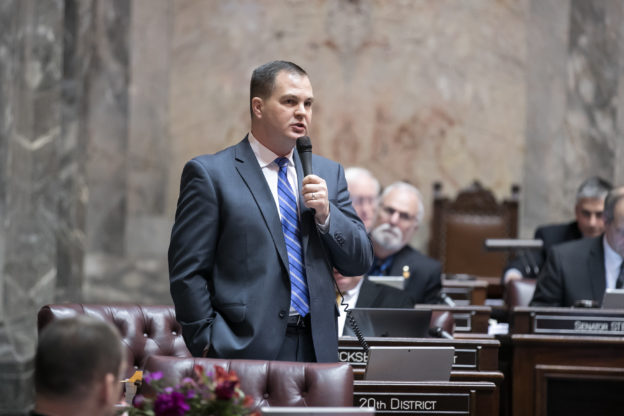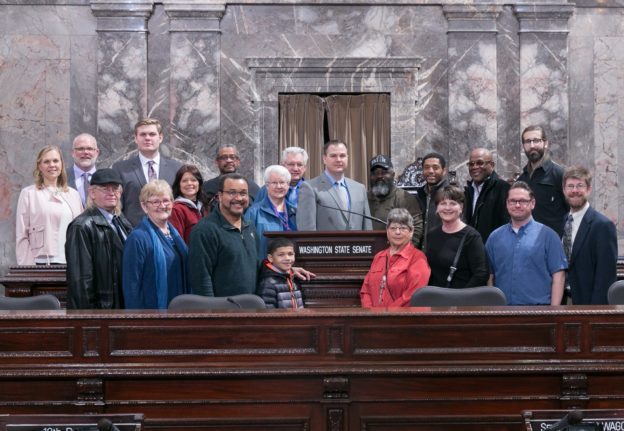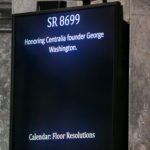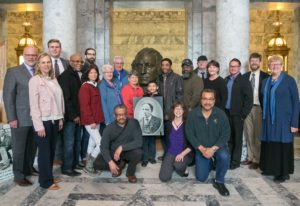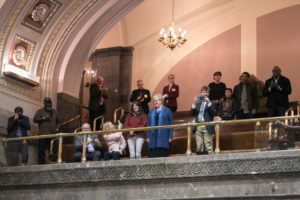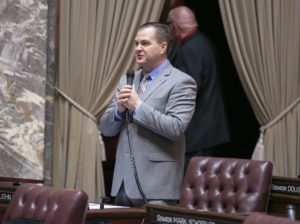With the Washington State Supreme Court announcing Thursday that the state has complied with its constitutional obligation to amply fund public schools, Sen. John Braun offered the following statement. Braun, R-Centralia, served as chair of the Senate Ways and Means Committee in 2017 and was the prime sponsor of the budget that provided full funding for Washington’s K-12 public schools.
“The fact that Washington students had not been receiving an adequately or equitably funded education came as no surprise given schools had been a low priority of the Legislature in the decades before 2013. We were finally able to make historic investments over the last five years by putting the needs of students, teachers and parents first in our budgets.
“Just as important as the state returning to its role as primary provider for public schools was our need to ensure students from low-income communities had the same opportunities as those from more affluent areas. Every child in our state should be able to attend a school that better prepares them for future success regardless of their ethnicity or family’s financial situation.
“As I’ve said all along, our primary interest throughout the court case has been creating a high-quality education system that meets the needs of all students. The fact that the end result also pleases the court is a positive resolution.
“With education making up more than 50 percent of our budget for the first time since 1983, we still need to make sure lawmakers don’t become complacent given the constant demand to spend more money on many other programs. Instead, we must maintain, protect and enhance our education funding to continue meeting the evolving needs of students in an increasingly competitive job market.”











